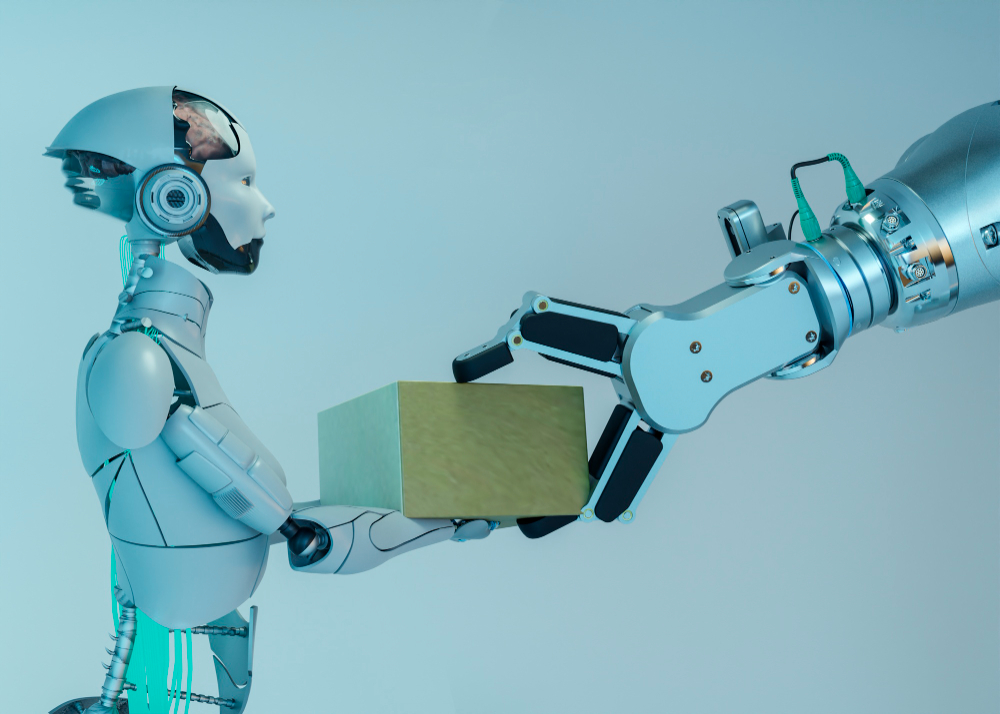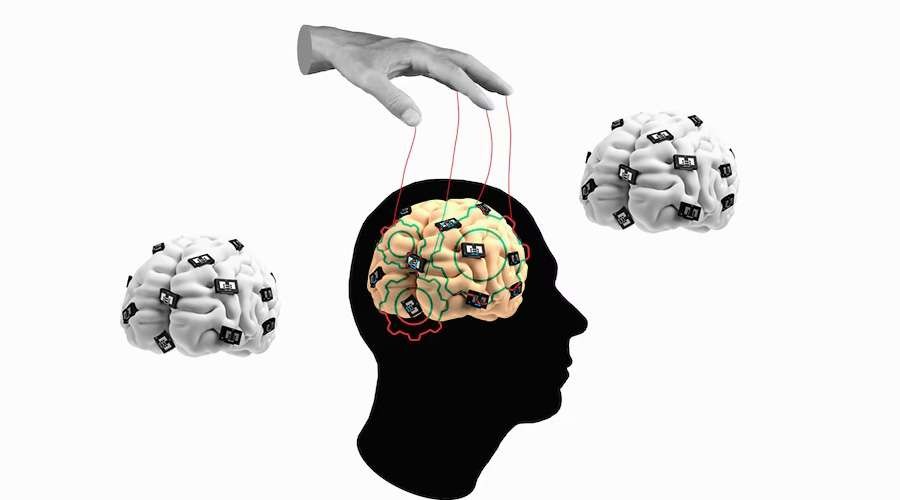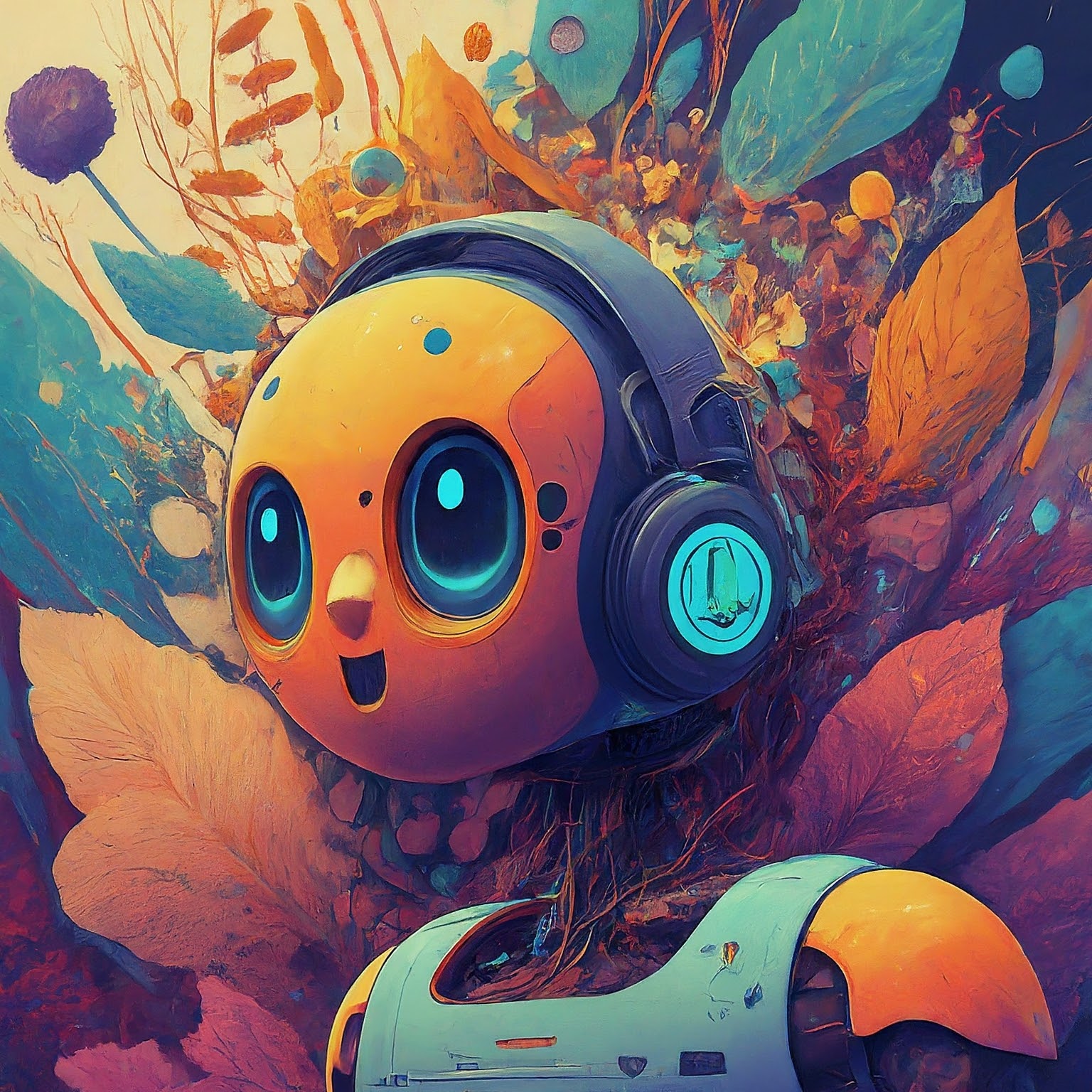In the ever-expanding quest to grasp the intricacies of the cosmos, the emergence of artificial intelligence (AI) stands as a beacon of hope, offering unprecedented opportunities to transcend human limitations. With its capacity to swiftly analyze massive datasets, recognize intricate patterns, and even simulate complex phenomena, AI has become an invaluable tool in the realm of astrophysics and cosmology. From deciphering the enigmatic nature of dark matter to unraveling the mysteries surrounding the origins of the universe, AI is poised to revolutionize our understanding of the cosmos. However, amidst the excitement, we must also confront the inherent challenges and limitations of AI in this domain. The sheer complexity of cosmic data presents formidable obstacles, while the interpretation of results and the generation of novel hypotheses remain tasks that elude purely algorithmic approaches. Thus, while AI holds tremendous promise in cracking the mysteries of the universe, its true potential lies in collaboration—a fusion of human intuition with machine intelligence—to navigate the vast expanses of cosmic inquiry.





